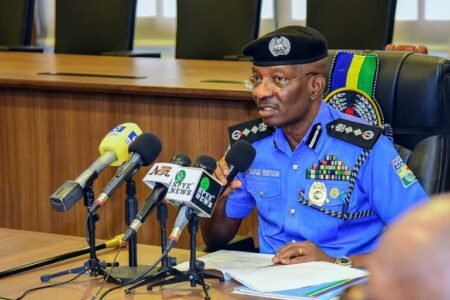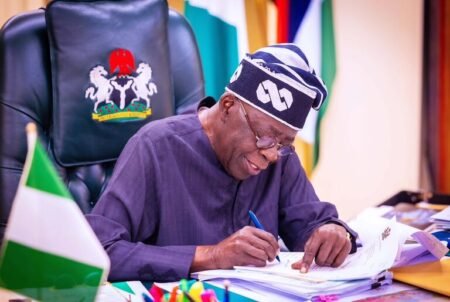A humanitarian organisation reported on Saturday that more than 30 children were reunited with their families in Ukraine this week following a protracted effort to bring them back from Russia, where they had been transferred from seized regions during the conflict.
According to Kyiv, approximately 19,500 children have been sent to Russia since Moscow invaded in February last year, in what it calls unlawful deportations.
Moscow, which controls parts of Ukraine’s east and south, denies kidnapping youngsters and claims they were taken away for their own protection.
“The sixth rescue operation is almost finished. It was unique in terms of the number of children we were able to return as well as its complexity,” said Mykola Kuleba, founder of the humanitarian initiative Save Ukraine.
The organisation assisted Ukrainian families of children who had been abducted to Russia with the logistics, transportation, and preparation required to start on the long trek to retrieve and return their children.
A grandmother who was supposed to reconnect with two of her grandchildren died unexpectedly on the journey, forcing the children to stay in Russia. Kuleba, Ukraine’s previous commissioner for children’s rights, said during a press conference in Kyiv.
Kuleba said that all of the children returned to Ukraine by Save Ukraine stated that no one in Russia was attempting to locate their parents in Ukraine.
“There were kids who moved five times in five months, and some kids say they were living with rats and cockroaches,” he added. The youngsters were moved from seized sections of Ukraine’s Kharkiv and Kherson districts to what Russians term “stays in summer camps,” according to Kuleba.
A request for comment from the Russian Foreign Ministry was not immediately responded to.
Three youngsters, two boys and a girl, were present at the Kyiv media conference. According to Save Ukraine, they were returned to Ukraine during a previous rescue attempt last month, which returned 18 youngsters in total.
The three youngsters said they had been taken from their parents, who had been pushed by Russian officials to transfer their children to Russian summer camps from seized sections of Kherson and Kharkiv provinces for two weeks.
The students who attended the briefing stated they were compelled to stay in summer camps for four to six months and were relocated from one location to another throughout their time.
“We were treated as if we were animals.” “We were separated in a separate building,” claimed Vitaly, a youngster from the Kherson area whose age was not given. He went on to say that their parents had informed them that they were no longer welcome.
The International Criminal Court issued an arrest warrant for Russian President Vladimir Putin and Russia’s children’s rights commissioner, Maria Lvova-Belova, earlier this month, accusing them of kidnapping children from Ukraine.
Moscow has not hidden a scheme that has transferred thousands of Ukrainian children to Russia from seized territories, but it has disguised it as a humanitarian operation to assist orphans and youngsters abandoned in combat zones.
Russia has dismissed the ICC’s claims, claiming that it does not acknowledge the ICC’s authority and declaring the warrant against Putin and Lvova-Belova null and unlawful.
Lvova-Belova stated earlier this week at a news conference that her commission acted on humanitarian grounds to protect the interests of children in an area where military action was taking place, and that she had not moved anyone against their will or the will of their parents or legal guardians, whose consent was always sought unless they were missing.
Kateryna Rashevska, a lawyer with the Ukrainian NGO Regional Centre for Human Rights, told the briefing that they were gathering information to create a case that Russian authorities purposefully hindered the return of Ukrainian children to their home country.
“There is a whole range of international violations in every story, and it cannot go unpunished,” she added.










